On 31 May 2021, the second meeting of the GRASS project stakeholders took place in Gdańsk. It was attended by the representatives of state administration, science, entrepreneurs, as well as everyone interested in the topic of seaweed from a utilitarian point of view.
The purpose of the meeting was to discuss the prospects for the production of macroalgae and macroalgae products in Poland. The discussion was preceded by extremely interesting introductory presentations.
The still ongoing COVID-19 pandemic required participants to comply with the sanitary regime, but this in no way affected the friendly and creative atmosphere of the entire meeting.
The seminar was opened by Tomasz Kulikowski from the NMFRI Department of Fisheries Economics who welcomed the participants, briefly recalled the aims and objectives of GRASS, and reported on the progress of the next stages of the project. Then T. Kulikowski, standing in for Dr. Magdalena Jakubowska from the NMFRI Department of Fisheries Oceanography and Marine Ecology, discussed the results of WPs 2 and 3, including a presentation of the interactive tool Pan-Baltic map depicting potential of macroalgal cultivation and harvesting. The map provides information not only on the predicted growth rate at a given location and for a given species, but also on the environmental impact of farming (nitrogen and phosphorus reduction). In other publicly available project reports, optimal locations for future cultivation were identified, taking into account the environmental data, as well as spatial development plans.
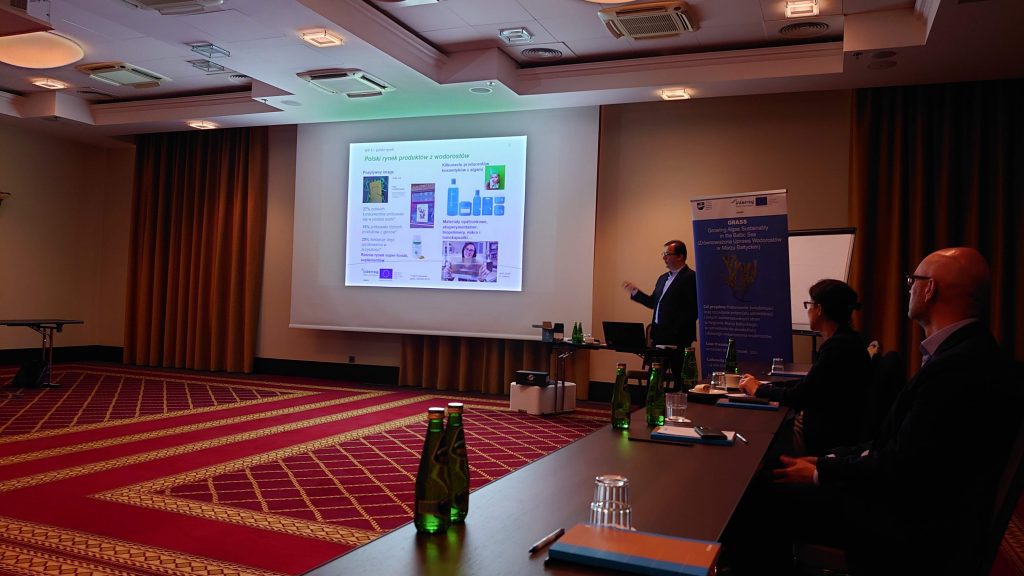
Then T. Kulikowski presented selected data and conclusions related to WP 4. He briefly characterised the market of macroalgae products in Poland (food, biocosmetics), indicating the great interest of both producers and consumers, while emphasising the challenges faced by those who would like to produce on the basis of Baltic seaweed (e.g. expected high production costs, species other than those currently used). The widespread use of macroalgae products will therefore only be possible with the support from the public administration. There is great hope in the Green Deal, which promotes the further development of aquaculture with a low carbon footprint. This recommendation is met by the cultivation of macroalgae.
In the next part of the meeting, the participants had the opportunity to learn about the experience of a practitioner. Andrzej Kalita from the company Lucky Fish in Kraków in an extremely interesting presentation showed the attendees how the production and distribution of food from fish and seafood looks like. Lucky Fish were the first to introduce sushi to the Polish market, they specialise in niche and innovative food products. A. Kalita expressed great interest in obtaining macroalgae as a raw material for developing further products. The participants also had the opportunity to taste “wakame”, a seaweed salad.
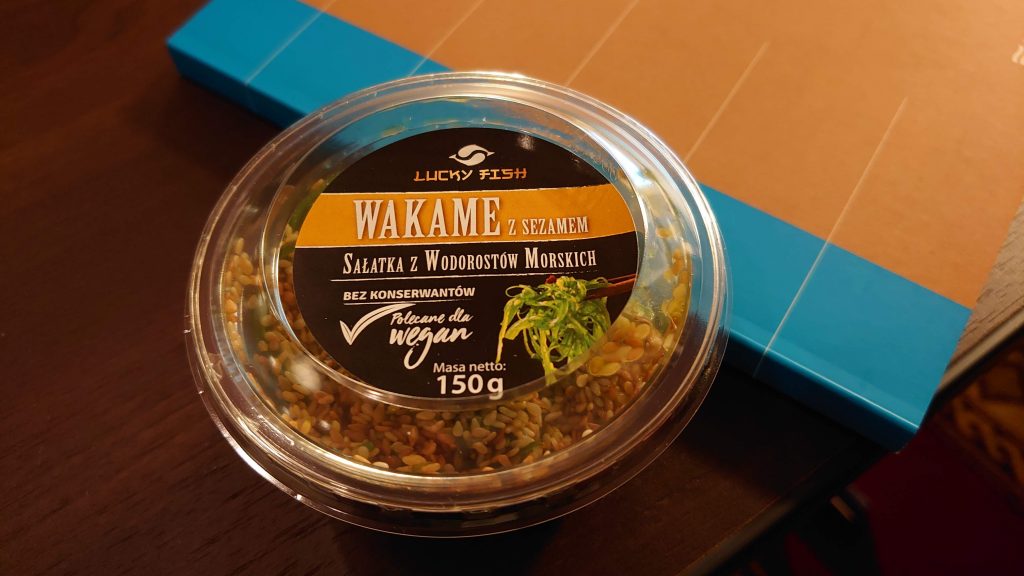
Dr.Eng. Olga Szulecka, representing the NMFRI Department of Fisheries Economics, familiarised the seminar participants with the subject of certification of cultivation and harvesting of macroalgae. Producers are bound by both EU and national legislation (regulations, directives, laws). However, retail chains that could potentially distribute the products in question have their own standards, norms and guidelines. Consumers are also becoming more and more conscious in their choice of products ‘on the shelf’. This is where certification comes in, guaranteeing that the algae have been legally sourced from a certified, sustainable and responsible source (e.g. ASC-MSC; GLOBALG.A.P., Friend of a Sea).
In the further part of the seminar, Dr.Eng. Ewelina Jamróz discussed extremely innovative research she has been conducting on the creation of fully biodegradable packaging based on furcellaran (polysaccharide obtained from Furcellaria lumbricalis; red algae) with the addition of natural bioactive substances (e.g. tea extracts). Such packaging not only provides better protection for the product (prolonging freshness), but can also provide information on ‘shelf-life’ (e.g. by a visible change in the colour of the film).
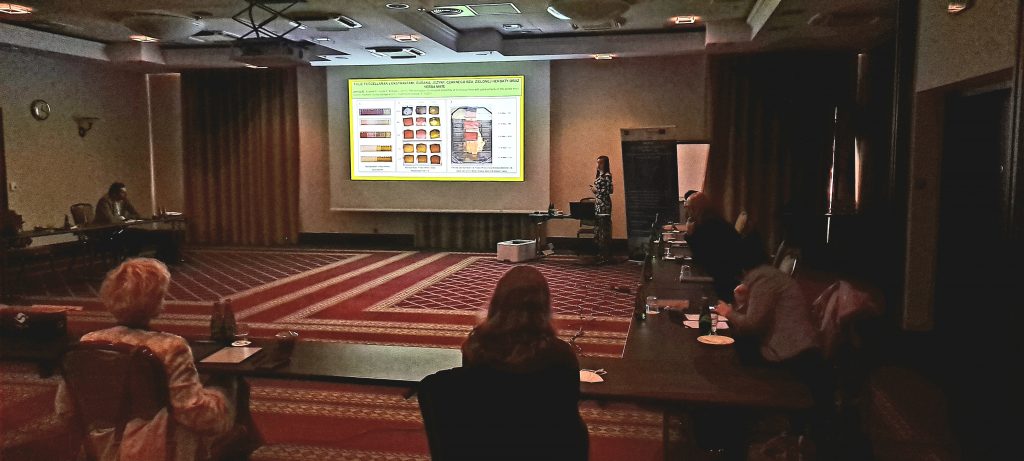
The final presentation entitled “In the maze of regulations – legal conditions for algae aquaculture in Poland” was presented by Dr. Adam Woźniczka from the NMFRI Department of Fisheries Oceanography and Marine Ecology. He stressed that the issue of marine aquaculture (mariculture) in Poland is somewhat neglected and the regulations are not clear due to the lack of tradition of seaweed farming in our country. He also pointed out that a major problem for future seaweed cultivation will be restrictive species protection regulations.
The seminar concluded with a discussion on what are the prospects and barriers for the development of the seaweed sector in the Baltic. The participants mainly pointed to economic and legislative problems. The enormous competition from the Asian market was also highlighted. Farming in the Baltic may prove very difficult, so perhaps the emphasis should be placed on locality, quality, certainty of origin of the raw material. It was also hoped that further sources of public funding would open up for this type of activity.
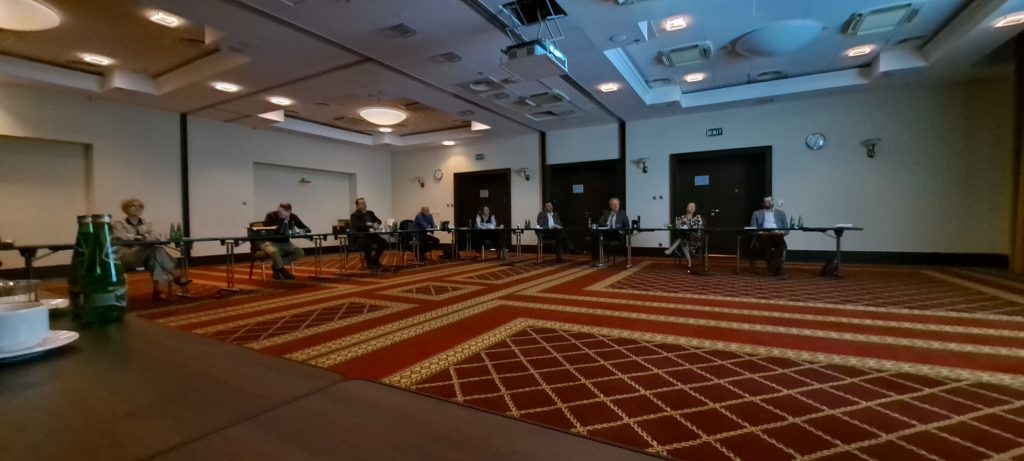
The next GRASS project meeting is scheduled for August 2021. Hopefully it proves to be just as interesting, especially as it will represent the final conclusions of the project.
We encourage you to follow www.mir.gdynia.pl and https://www.facebook.com/MorskiInstytutRybackiPIB to keep up to date with GRASS.
The GRASS project reports in English are available on the updated website: https://www.submariner-network.eu/grass


